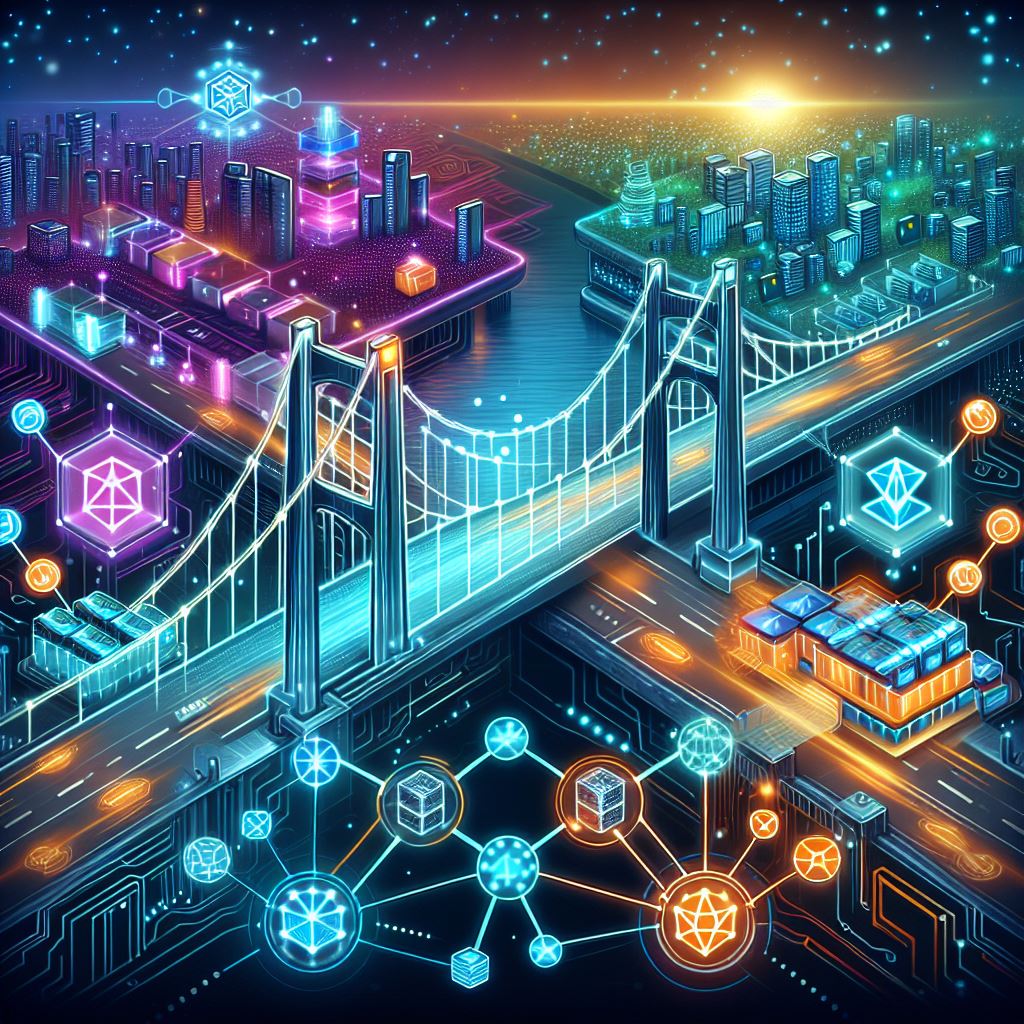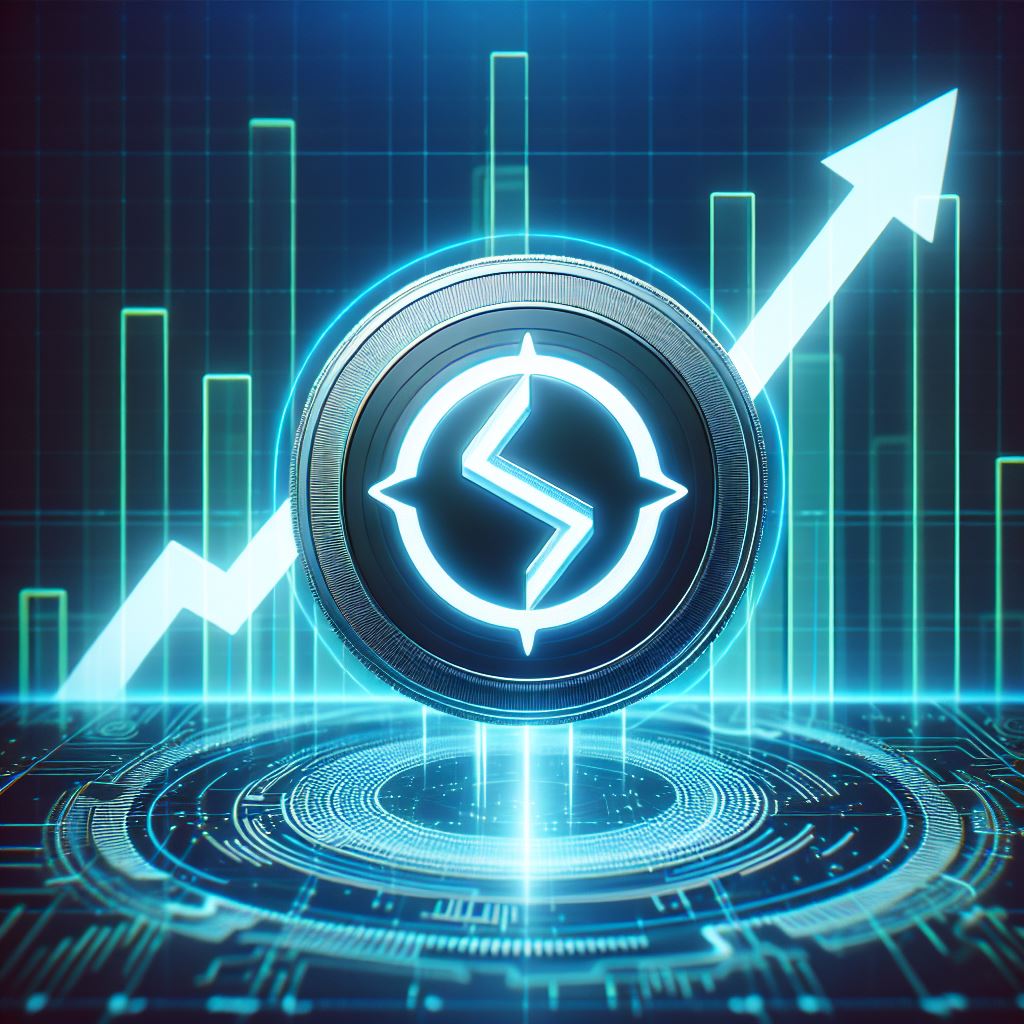The Role of Oracles in Blockchain: Bridging the Digital Divide
Imagine a smart contract designed to pay out insurance based on real-time weather data. Sounds simple, right? But here’s the catch: blockchains, by design, operate in a closed ecosystem. They can’t directly access information from the outside world. This is where oracles step in, acting as the crucial bridge between on-chain and off-chain data. And believe me, understanding the role of oracles in blockchain is fundamental to unlocking the true potential of smart contracts.
We often talk about the immutability and transparency of blockchain. But without real-world data, these powerful tools remain confined to their digital walls. So, let’s dive deep into how oracles are shaping the future of decentralized applications (dApps).

What Exactly Are Blockchain Oracles?
Simply put, blockchain oracles are third-party services that supply smart contracts with external data. Think of them as data feeds, but with a twist. They are designed to be reliable, secure, and tamper-proof. This data can range from financial market prices and weather conditions to election results and shipping statuses.
- Data Aggregation: Oracles collect data from various sources, ensuring accuracy and reliability.
- Data Verification: They verify the data to prevent manipulation and ensure its integrity.
- Data Transmission: Finally, they transmit the verified data to the blockchain, making it accessible to smart contracts.
Without this crucial link, smart contracts would be limited to self-contained operations, unable to interact with the real world. And that’s where the magic of the role of oracles in blockchain truly shines.
Why Are Oracles Essential for Smart Contracts?
Smart contracts are designed to execute automatically when predefined conditions are met. But what happens when those conditions rely on external data? Consider a decentralized finance (DeFi) application that requires real-time price feeds to execute trades. Without oracles, these applications would be crippled.
Here’s why oracles are indispensable:
- Enabling Real-World Interaction: They allow smart contracts to interact with external data, broadening their scope and functionality.
- Automating Complex Processes: Oracles enable the automation of processes that rely on external triggers, such as insurance payouts or supply chain tracking.
- Enhancing Trust and Transparency: Reliable oracles enhance the trust and transparency of smart contracts by providing verifiable data.
I’ve seen firsthand how projects struggle when they overlook the importance of reliable oracles. It’s like building a house without a foundation—it might look good initially, but it won’t stand the test of time.
Types of Blockchain Oracles
Not all oracles are created equal. They come in various forms, each with its own set of strengths and weaknesses. Understanding these differences is crucial for selecting the right oracle for your specific needs.
- Software Oracles: These oracles connect to online data sources, such as websites and databases, to provide information.
- Hardware Oracles: These oracles use physical sensors to collect data from the real world, such as temperature or pressure readings.
- Human Oracles: These oracles rely on human input to provide data, often used for subjective information like legal opinions or market predictions.
- Inbound Oracles: These oracles bring data from the outside world onto the blockchain.
- Outbound Oracles: These oracles send data from the blockchain to the outside world, triggering real-world actions.
Each type plays a unique role in the role of oracles in blockchain, and choosing the right one depends on the specific requirements of your smart contract.
The Challenges and Solutions
While oracles are essential, they also introduce potential vulnerabilities. The biggest challenge is the “oracle problem,” which refers to the risk of data manipulation or failure. If an oracle provides inaccurate or malicious data, it can compromise the integrity of the entire smart contract.
Here are some strategies to mitigate these risks:
- Decentralization: Using multiple oracles to provide data reduces the risk of single-point failure.
- Reputation Systems: Implementing reputation systems to track the reliability of oracles enhances trust.
- Data Verification: Employing robust data verification mechanisms ensures the accuracy and integrity of the information.
- Security Audits: Regular security audits of oracles and their infrastructure are critical.
I’ve learned that a proactive approach to security is paramount. Don’t wait for a problem to occur; implement these measures from the start.
Real-World Applications
The applications of oracles are vast and continue to expand. From DeFi to supply chain management, oracles are revolutionizing various industries.
- Decentralized Finance (DeFi): Oracles provide real-time price feeds for lending, borrowing, and trading platforms.
- Insurance: Oracles automate insurance payouts based on real-world events, such as weather conditions or flight delays.
- Supply Chain Management: Oracles track the movement of goods and verify their authenticity, enhancing transparency and efficiency.
- Gaming: Oracles provide verifiable randomness for in-game events, ensuring fairness and transparency.
- Prediction Markets: Oracles provide the outcome of real-world events, allowing for accurate and transparent prediction markets.
These examples highlight the transformative potential of the role of oracles in blockchain.
Future Trends
The future of oracles looks promising, with ongoing advancements in technology and increasing adoption across various industries.
- Increased Decentralization: We can expect to see more decentralized oracle networks, enhancing security and reliability.
- Advanced Data Verification: AI and machine learning will play a crucial role in verifying data and detecting anomalies.
- Interoperability: Oracles will facilitate interoperability between different blockchains, enabling seamless data exchange.
- Standardization: The development of industry standards will enhance the reliability and security of oracles.
As the blockchain ecosystem matures, the role of oracles in blockchain will become even more critical.
Actionable Insights
So, how can you leverage the power of oracles in your projects?
- Choose Reliable Oracles: Conduct thorough research to select oracles with a proven track record.
- Implement Redundancy: Use multiple oracles to provide data, reducing the risk of single-point failure.
- Prioritize Security: Implement robust security measures to protect against data manipulation and attacks.
- Stay Informed: Keep up-to-date with the latest advancements in oracle technology.
By following these insights, you can harness the full potential of oracles and build robust and reliable dApps.
Conclusion
The role of oracles in blockchain is undeniable. They are the essential bridge that connects the digital world of blockchains with the real world, enabling the creation of powerful and innovative applications. While challenges remain, the future of oracles is bright, with ongoing advancements promising to enhance their reliability and security.
It’s time to embrace the power of oracles and unlock the true potential of smart contracts. I encourage you to explore this fascinating area further and share your thoughts and experiences in the comments below. Let’s continue this conversation and shape the future of decentralized technology together!
References
- Chainlink Official Documentation: https://docs.chain.link/
- Provable (Oraclize) Documentation: https://docs.provable.xyz/
- Blockchain Oracles Explained – Consensys: https://consensys.net/blockchain-explained/blockchain-oracles/
Call to Action
What are your thoughts on the role of oracles in blockchain? Share your insights in the comments below! Explore our related resources and subscribe to our newsletter for more in-depth analyses on blockchain technology.



